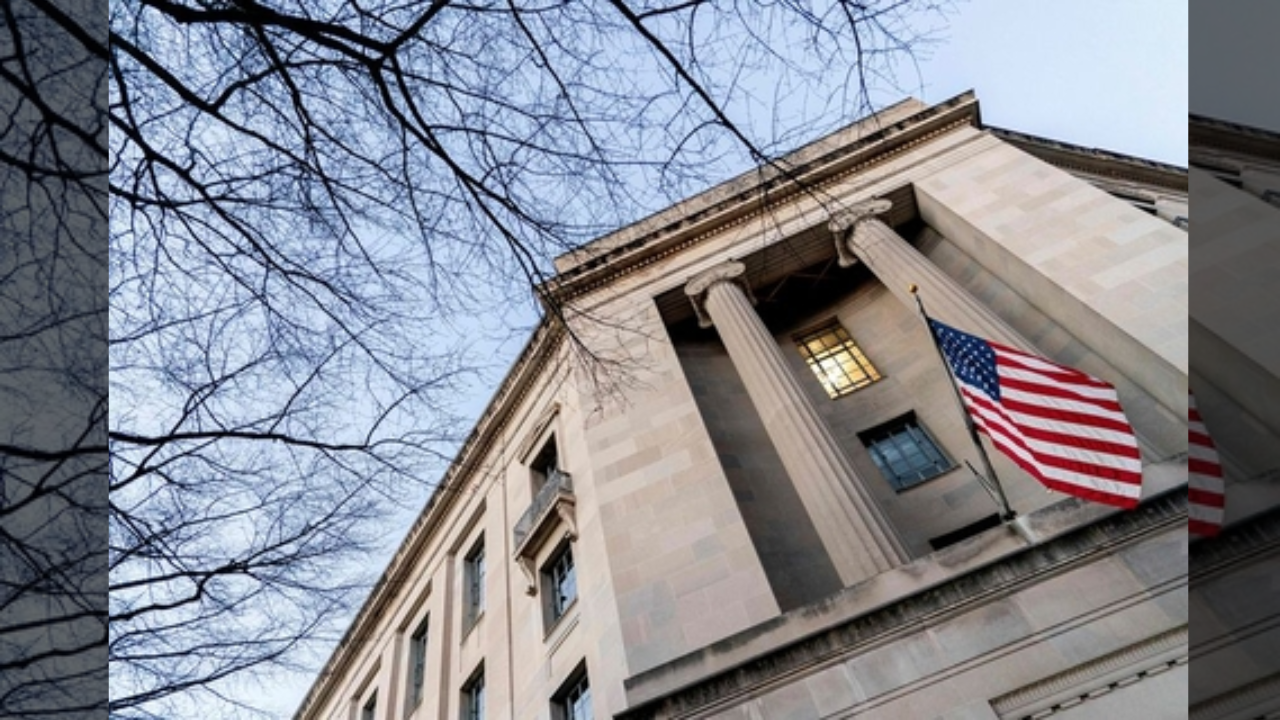The crypto market just got a seismic jolt. Brandon Lutnick, son of U.S. Commerce Secretary Howard Lutnick, is leading a $3 billion Bitcoin acquisition venture that could redefine institutional investment in digital assets. Backed by heavyweights SoftBank, Tether, and Bitfinex, this isn’t a speculative punt—it’s a calculated strike at the heart of the crypto frontier.
The Deal: 21 Capital’s Bitcoin Ambition
On April 23, 2025, the Financial Times dropped a bombshell: Brandon Lutnick, chairman of Cantor Fitzgerald, is spearheading a multibillion-dollar Bitcoin acquisition vehicle, 21 Capital, in partnership with SoftBank, Tether, and Bitfinex. The venture, operating through Cantor Equity Partners—a special-purpose acquisition company (SPAC) that raised $200 million in January—aims to amass $3 billion in Bitcoin, positioning itself as a publicly listed rival to MicroStrategy, which soared to a $91 billion market cap through its Bitcoin strategy.
The numbers are staggering:
- Tether: $1.5 billion in Bitcoin.
- SoftBank: $900 million.
- Bitfinex: $600 million.
Partners will convert their Bitcoin into 21 Capital shares at $10 each, valuing Bitcoin at $85,000 per coin—a discount from its recent peak of $106,000 and current trading near $92,000. The venture also plans to raise $350 million through convertible bonds and $200 million via private equity to fuel further Bitcoin purchases, signaling aggressive expansion.
A MicroStrategy Blueprint
21 Capital’s playbook mirrors MicroStrategy’s transformation from a software firm to a Bitcoin powerhouse. Under Michael Saylor, MicroStrategy’s aggressive Bitcoin acquisitions—recently adding 6,556 BTC—propelled its stock 159% in the past year, earning a Nasdaq-100 spot. Lutnick’s venture aims to replicate this success, leveraging Bitcoin’s surge, driven by President Trump’s pro-crypto policies, including promises to make the U.S. a “Bitcoin superpower.”
Cantor Fitzgerald is no crypto novice. The firm manages billions in U.S. Treasuries for Tether’s $132.7 billion USDT stablecoin and holds a 5% stake in the company, valued at over $600 million. It also advised Tether’s $775 million investment in Rumble and launched a $2 billion Bitcoin lending program last year, positioning itself as a crypto finance leader. Brandon Lutnick, who interned at Tether’s Swiss office, brings insider expertise to the venture.
The Trump Factor
The timing isn’t coincidental. Trump’s administration, with Howard Lutnick as Commerce Secretary, has embraced crypto as a pillar of economic strategy. Trump’s pledge to be the “crypto president” and explore a national Bitcoin stockpile has fueled market optimism, pushing Bitcoin to $106,000 post-election before stabilizing at $92,000. The 21 Capital deal aligns with this shift, reflecting institutional confidence in a crypto-friendly U.S. regulatory landscape.
However, the Lutnick family’s deep Tether ties—Cantor earns tens of millions annually managing its reserves—have sparked concerns. Democratic senators, including Maria Cantwell, questioned Howard Lutnick about potential conflicts of interest during his confirmation hearings, given his role in shaping stablecoin policy. Lutnick declined to recuse himself from the Working Group on Digital Asset Markets, insisting he’d divest interests to comply with ethics rules. Posts on X reflect mixed sentiment: “This is institutional momentum,” one user wrote, while another quipped, “Government and crypto in bed—shocker.”
Risks and Rewards
The venture isn’t a sure bet. The Financial Times cautions that the deal, expected to be unveiled in weeks, could collapse, with numbers subject to change. None of the partners—Cantor, SoftBank, Tether, or Bitfinex—have commented, signaling caution or strategic silence. Tether’s controversies, including ongoing U.S. investigations for potential sanctions violations and anti-money laundering issues, add uncertainty. Bitcoin’s volatility—down 0.6% to $98,023 recently—poses further risk.
Yet, the rewards could be transformative. If successful, 21 Capital could cement Bitcoin as a mainstream asset class, attracting institutional investors wary of crypto’s wild swings. SoftBank’s involvement, led by Masayoshi Son, underscores the deal’s credibility, given its history of bold tech bets. Bitfinex, a Tether sister company, adds exchange expertise, while Cantor’s financial muscle bridges Wall Street and crypto.
A New Crypto Era?
This isn’t just a deal—it’s a statement. As crypto matures, moving from memecoin mania to structured investments, 21 Capital represents a pivot to fundamentals. Unlike the speculative token launches of the past, this venture is institutional, disciplined, and tied to policy shifts. It’s a bet on Bitcoin as digital gold, a hedge against inflation, and a cornerstone of a pro-crypto U.S. economy.
For investors, the message is clear: crypto is no longer the Wild West. But with big bets come big risks. If 21 Capital delivers, it could rival MicroStrategy’s success. If it stumbles, it risks becoming a high-profile cautionary tale.
Stay sharp. The crypto board is shifting.







